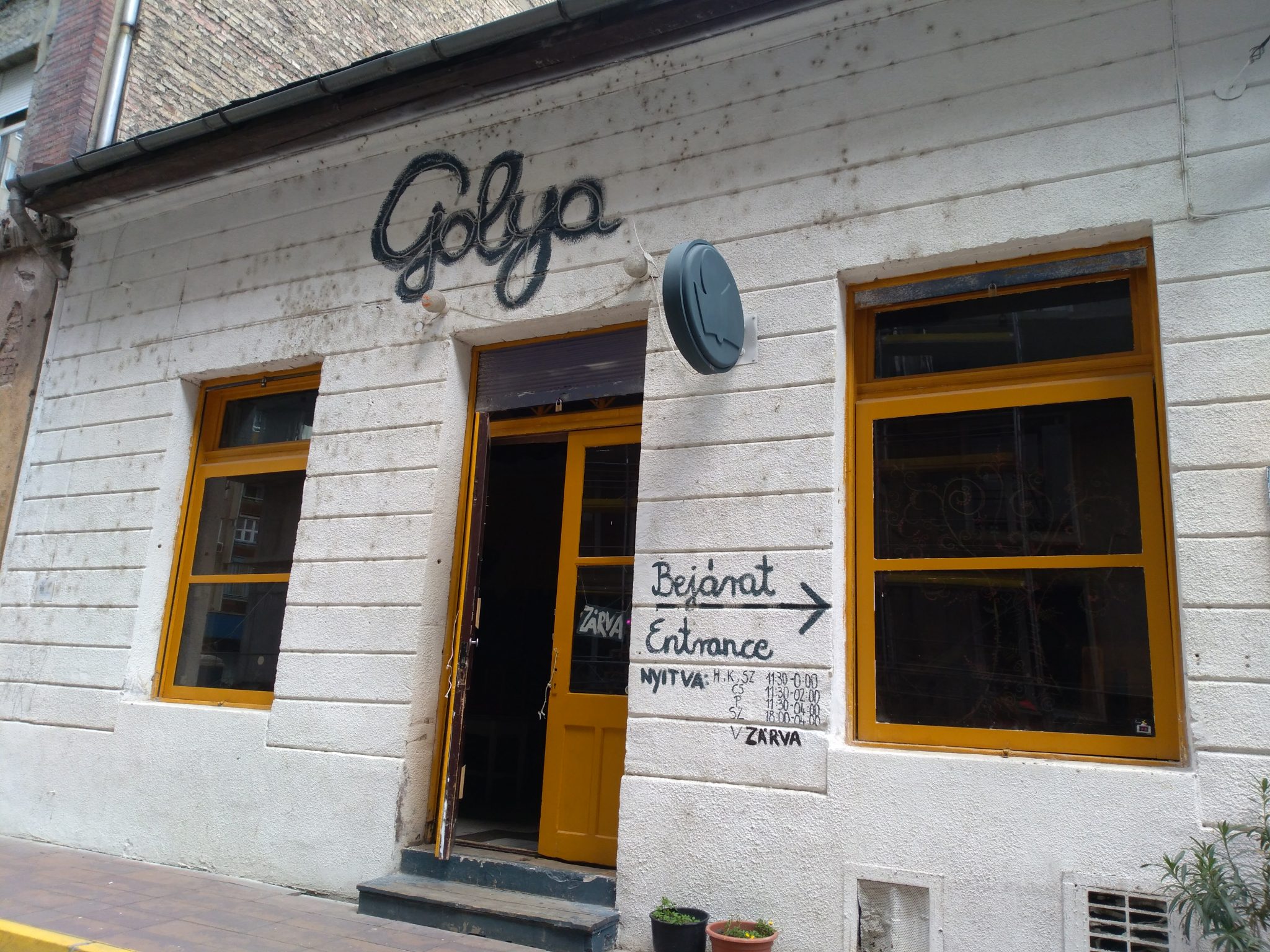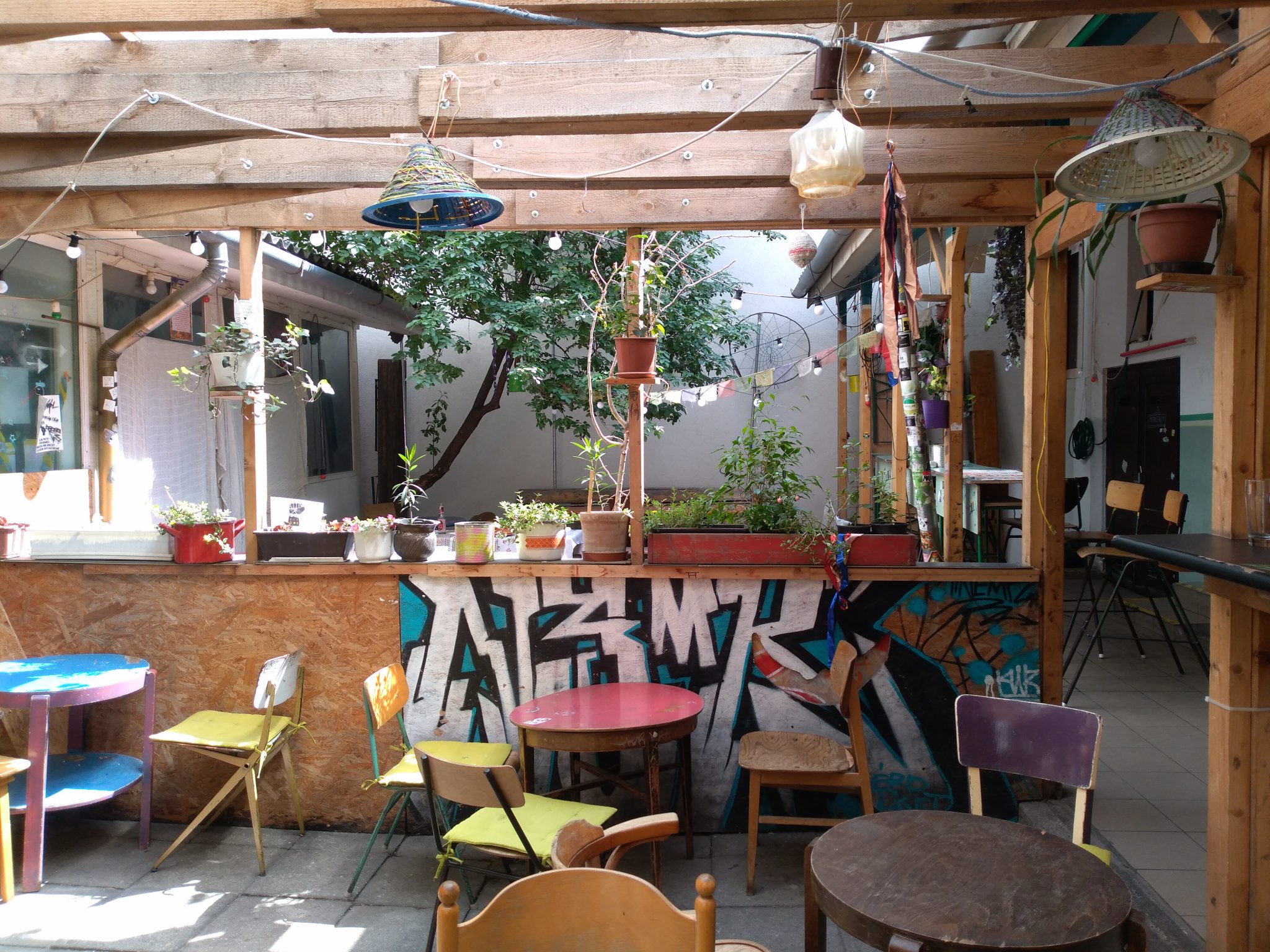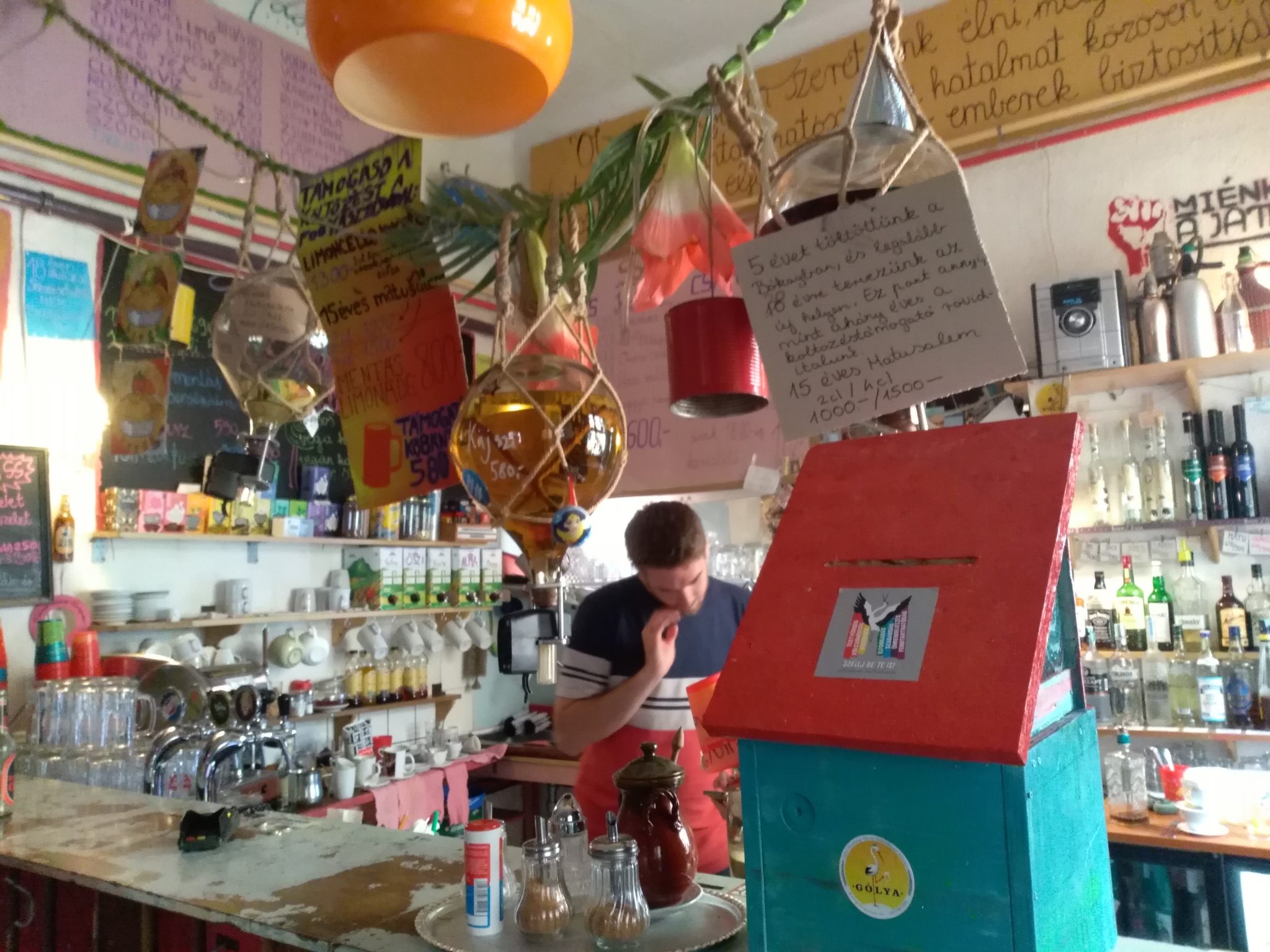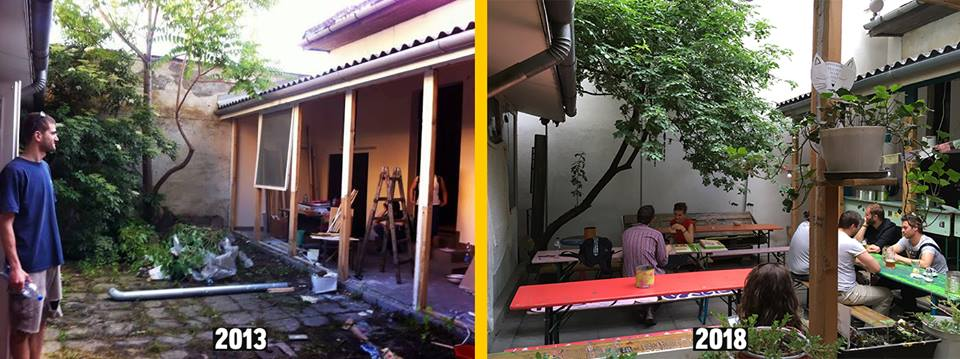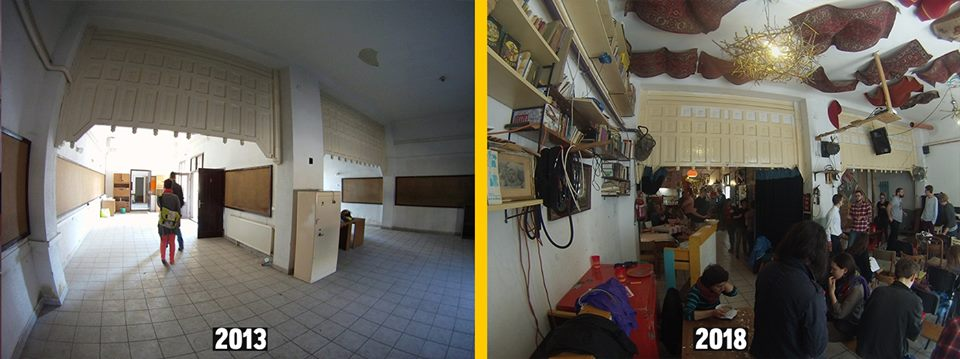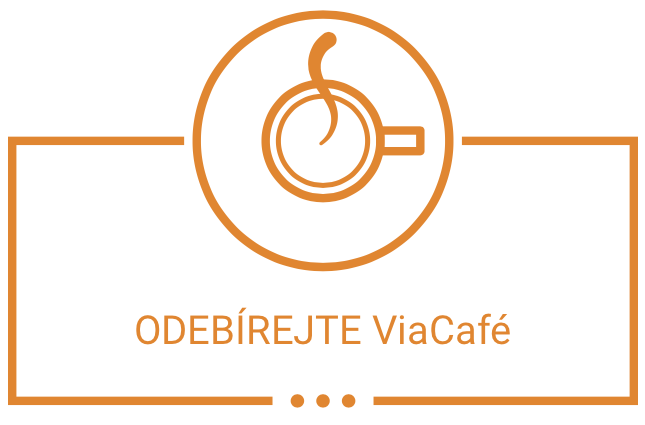The last ViabilityNet meeting took place in a bio-village called Mariahalom in a space designed for personal transition. All of the participants brought along a team member, so we had a big group to enjoy the vegetarian food provided by the host. The idea behind bringing a team member was to strengthen the flow of knowledge, skills and methods into the communities themselves. Often, people participating in international training sessions return home and feel like aliens inspired by all the ideas they encountered, so it is good to have an ally who understands what you are talking about at least a bit.
And we talked about some serious issues.
Conflict, group decision-making, power, negotiation. Kaja provided input on these topics and offered some exercises so that the participants could experience them as well. To see how power is represented in society and how it can move from one person to another, we used Augusto Boal’s exercise with six chairs, a table and a bottle (from the Theatre of the Oppressed methodology). To see how a group can make a decision in a limited time-frame, we played the Money in the Circle game. Participants had to decide what to do with the money they had collected together.
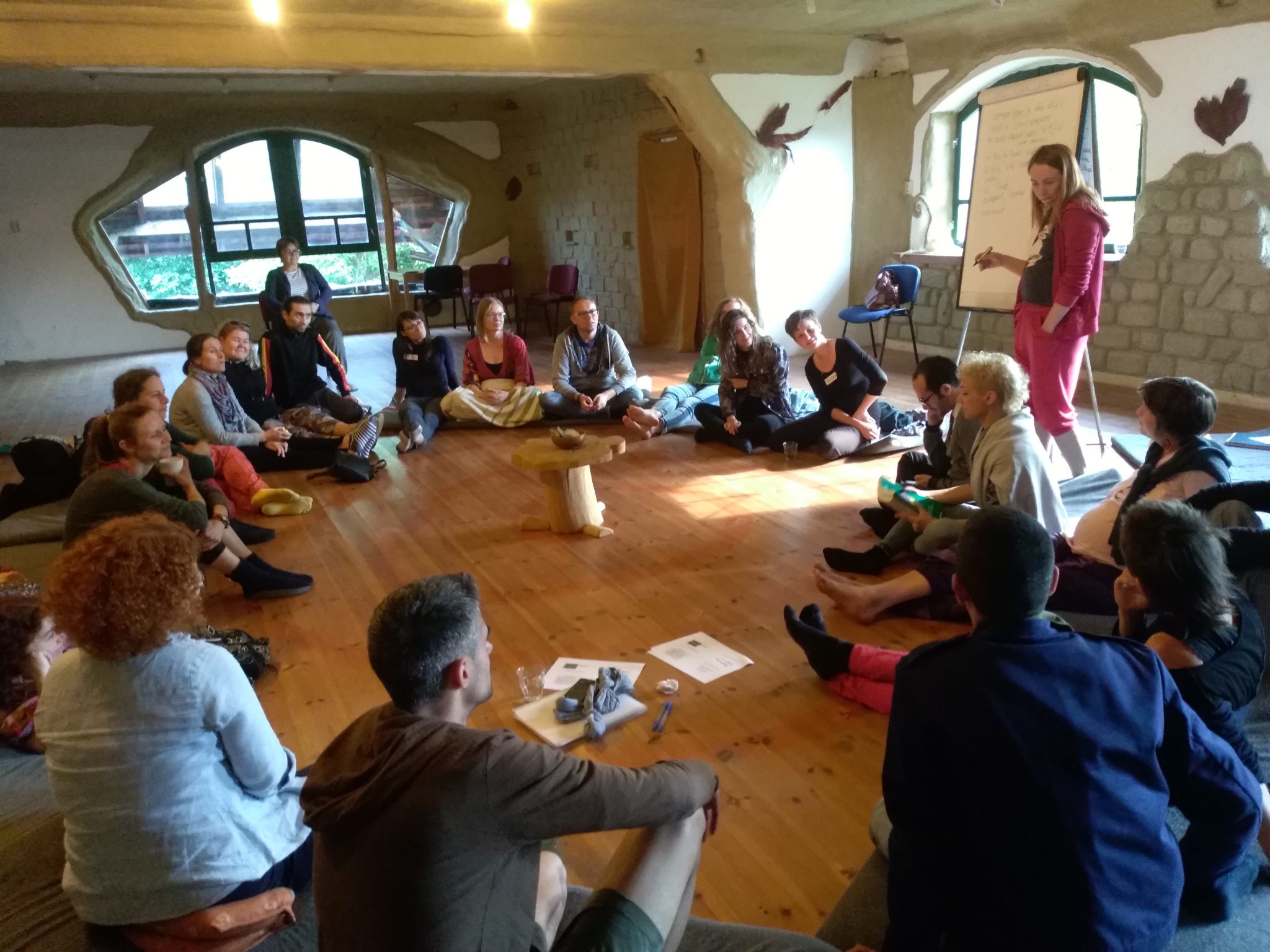
Since this was the last meeting, we summed up the steps of community analysis and development of a strategy to address certain challenges. The participants received a brief set of guidelines about how to develop a strategy to solve problems they discover in their communities.
And that was not all. This time we visited three outstanding community projects in Budapest:
Wekerle Estate: The first Hungarian transition town
The Wekerle Estate is a quarter in South Budapest in the 19th district. It is a garden suburb encompassing an area 1.7 km2. It is one of a kind in Hungary and also ranks among the largest greenbelts of this type in Europe. It tries to (and truly does) provide the benefits of living in a village (small gardens producing fruits and vegetables close to one’s house, just a few families living in a building together, many open spaces, etc.) along with the benefits of urban life (shops, restaurants, public spaces, schools and other public institutions). It was constructed between 1900 and 1930, features vernacular Art Nouveau architecture and is listed as a protected Hungarian heritage zone. There are 11,000 inhabitants in the Estate. Most of the Estate residents have a different approach to socializing than people living elsewhere in Budapest. This is because the residents of the Estate know each other and think in terms of community, as is often the case in villages[1]. The establishment of the Wekerle Estate was the most spectacular and the most effective social policy programme of its time. In a very short span of time, the people who lived here and who held similar positions in society grew closer to one anotherand began to support one another. The culture that evolved through the combination of peasants and manual laborers “proved to be so strong that it dared challenge notions of unification of the 1950s, and the political efforts of simplification of the 1960s and 1970s”. The estate’s resultant inner strength, and self-awareness – despite changes that have occurred – remains much the same to this day.
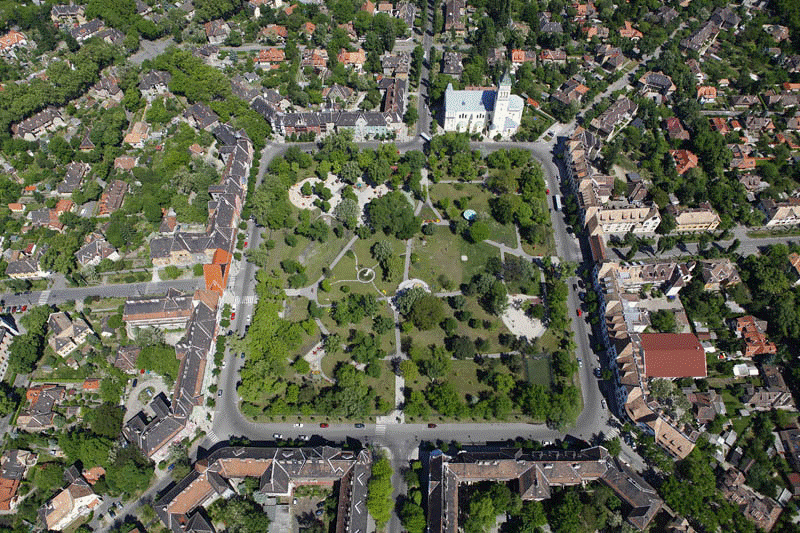
In 2009, a small group of citizens started the Transition Wekerle initiative in cooperation with the NGO Vedegylet. The initiative joined the Transition Communities movement. The group acts as a hub on the Estate, providing support for ideas that strive for new types of cooperation, strengthen local democracy and decrease the local ecological footprint. The group organizes various activities: exchanges between urban and rural communities, promotion of a healthy food culture with a farmer’s market, organic box schemes, seed swaps and a vegetable commando, introduction of a local currency, help for local businesses, community tool banks, flea markets and re-use festivals, experimentation with innovative ways to cut energy use, social insulation brigades and community bio-bricket programs. Tracey Wheatley, our guide at the Estate, mentioned that besides the group’s many easily accessible activities for citizens, they also feel it is important to share local stories, especially those built on solidarity, because it is these stories that form the foundation of the local culture of solidarity, especially in times of stress.
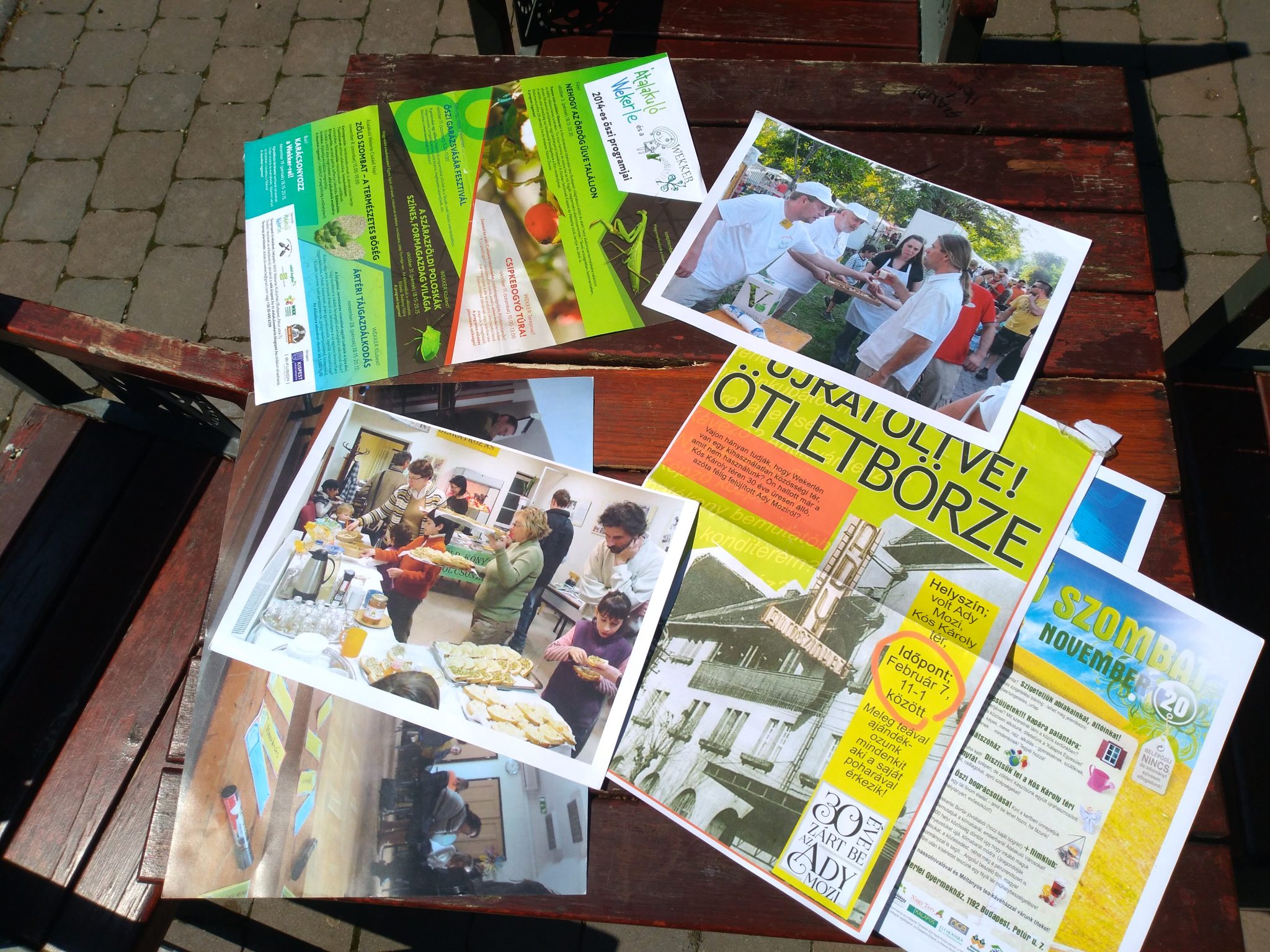
Gólya Co-operative bar and community house
Gólya (“Stork” in Hungarian) is a co-operative bar and community house in the 8th district of Budapest. The predecessor of Gólya was a co-operative called the Frisco Café, which was a basement pub initiated by a bunch of students in 2011 that aimed to create an inclusive meeting point for culture, community and activist initiatives. When the basement became too small, the co-operative moved to its current location. Due to the group’s continued growth and the drastic change of the surroundings, they are moving again to be able to offer a wide range of opportunities for the community.
The current Gólya has a large interior space with a garden, a separate office space, a room that is used primarily for children’s day care and also for workshops and small gatherings, and a basement used by bands as a rehearsal space. The bar and kitchen provide a wide selection of drinks and meals, including weekday lunch menus (always with a vegetarian option). There are live music events every week and countless other programs such as film clubs, presentations, lectures, discussion meetings, board game events, art exhibitions and regularly held used goods exchange markets. Gólya hosts both public and private events for groups and organizations, such as birthday parties, proms, conferences, fundraisers, training sessions and other meetings of all kinds, including political events.
At the moment the Gólya team is running a campaign to help fund the move and renovation of the new space. You can donate to the campaign, become an investor or help with your skills. Gólya envisions a place that strives towards a vision of a society based on siblinghood, secured and sustained by the people who hold and exercise power as a whole, and live in love for and acceptance of one another. Gólya functions as a cooperative, following operational rules that were developed organically from the beginning. You can join the co-operative as a member or be a regular worker at Gólya. Membership also includes social benefits, such as provision of food and drink, vacation time, a housing allowance, parental leave, sick leave and special considerations for studies or other personal needs. There is a long learning period to see if one likes the work and whether it fits into his/her life path. Through this model, Gólya is a place, an experiment and a knowledge center where people teach each other to autonomously act in the particular Eastern European environment and create systems that better meet the needs of the young generation. Gólya would like to function as part of the local community, not just in its specific subculture, so the members help create similar initiatives and work with similar organizations and communities to strengthen networks of like-minded people and organizations and spread the vision.
Valyo Kikötő: An open space by the Danube River
The Hungarian words város and folyó mean ‘city’ and ‘river’ respectively. The organization Valyo formed in 2010 when a group of friends realized that public accessibility to the embankment was limited and decided to make the Danube River more accessible to the citizens of Budapest through small interventions. The activities are often pop-up, temporary and low-budget. The group’s aim is to show that the city needs a more accessible river embankment and that this can be done through small-scale changes. They have organized small festivals in specific locations and also began promoting winter usage of the embankment through a mobile sauna. Now Valyo is working on its biggest project yet: Valyo Kikötő (which means port). The group has rented an abandoned area south of central Pest and is adapting it into a public space with direct access to the river. The goal is to operate a space from the small snack bar’s budget that is open to all and offers a variety of programs: open-air movie nights, concerts, children’s workshops and cultural events.
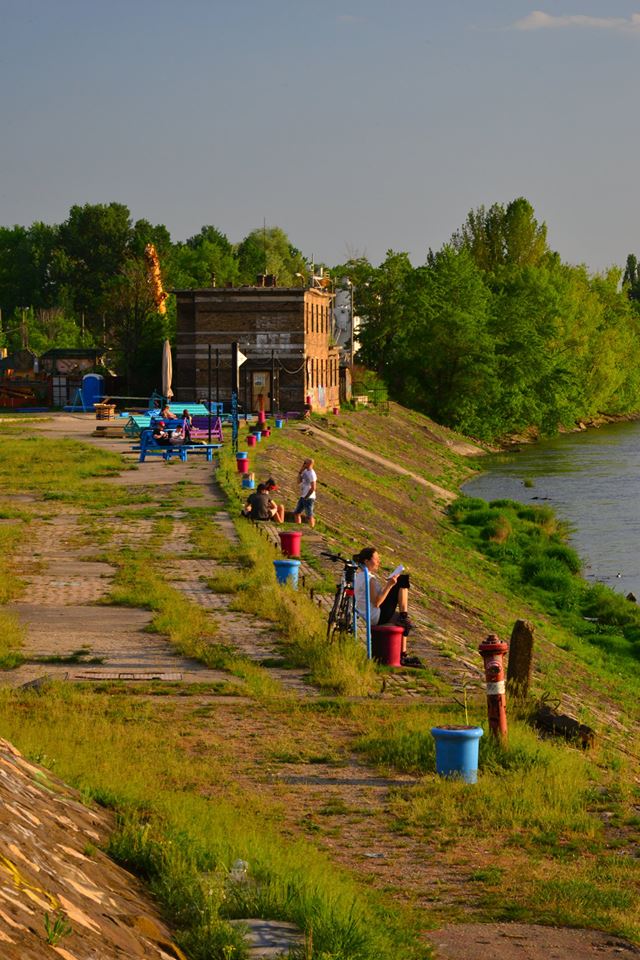


[1] http://kalauz.wekerletelep.hu/a-telep-tortenete?lang=en

